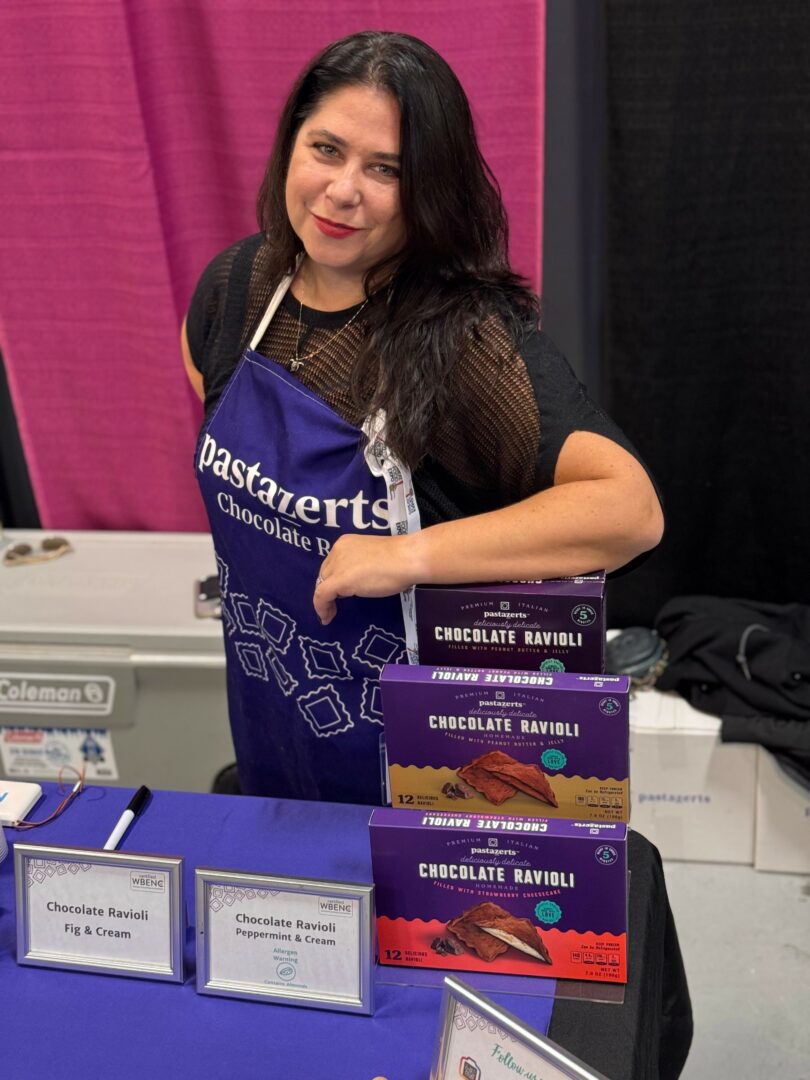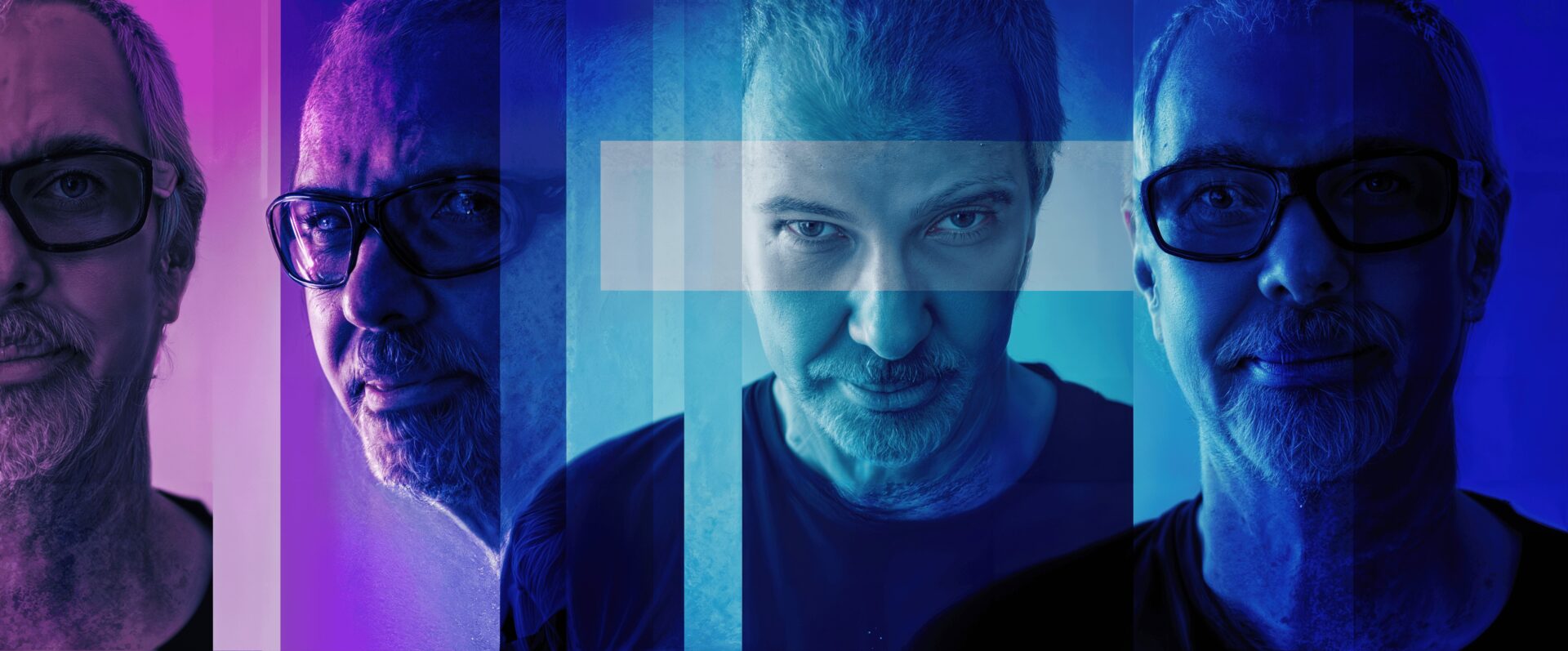We caught up with the brilliant and insightful Stephanie Berwick a few weeks ago and have shared our conversation below.
Stephanie, so great to have you with us and we want to jump right into a really important question. In recent years, it’s become so clear that we’re living through a time where so many folks are lacking self-confidence and self-esteem. So, we’d love to hear about your journey and how you developed your self-confidence and self-esteem.
My confidence and self-esteem took shape through a combination of education, professional experience, and a commitment to understanding people. Early in my career, pursuing an MBA was a big goal as I have always valued education. This educational foundation gave me the confidence to tackle challenges and problem solve from an analytical perspective. Honestly, it even gave me the confidence to take on challenges and various calculated risks that allowed me to develop those problem-solving skills.
Over the course of 20 years in the fintech industry, I progressed steadily, taking on roles of increasing responsibility. Each step upward reinforced my belief in my abilities while also teaching me the importance of adaptability and perseverance. Successes built confidence, but it was overcoming obstacles that truly solidified my sense of self. It also helped a lot having the right people in my circle cheering me on and believing in my skills, many great mentors.
Equally important has been my focus on listening. I’ve always sought to understand the motivations and perspectives of others. This has not only deepened my relationships but also fostered a sense of empathy and humility. Listening to people’s stories has taught me that confidence isn’t about having all the answers but more about remaining curious, open, and willing to learn from every interaction. Innate curiosity is an important value and it allows me to continuously learn.
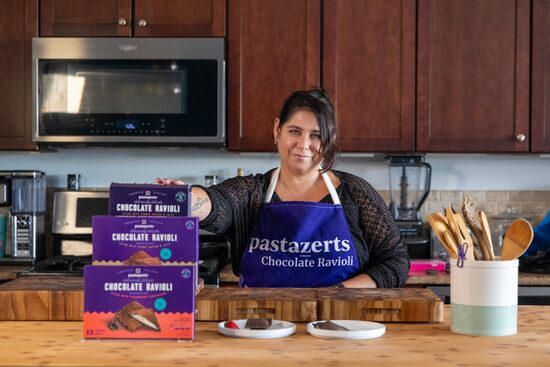
Let’s take a small detour – maybe you can share a bit about yourself before we dive back into some of the other questions we had for you?
At sort of this “middle age” phase I now find myself in, I think it’s beneficial to reflect on the path and choices that have brought me to today. For years, I built my life and career in the corporate fintech world – a journey marked by challenges, growth, and the pursuit of success in a fast-paced, ever-evolving industry. While I’m proud of the milestones I achieved, I’ve come to realize that fulfillment often lies in creating something that resonates deeply on a personal level. This realization led me to pivot from a world of numbers and strategy to one of artistry and indulgence. I think I always knew there was a significant career change in store for me, my husband and I still have dreams of opening a laid-back eatery where we can spend our “retirement years.” So many of the people around me were not surprised when I launched a chocolate ravioli company.
During my fintech career I became very interested in the culinary field, not surprising given my husband is a chef. But it really started for me when I realized how many bad ingredients are in our food chain, which led to learning how to cook and making everything from scratch. There’s an evolution to everything and in this case the simple act of wanting to eat clean foods moved from cooking at home for my husband and occasionally friends, to hosting large Thanksgiving dinners, to competitive cooking. Winning the top prize of $15,000 for a quesadilla led to more and more competitions, bringing me to Las Vegas for the World Food Championships 2 years in a row. This is where the chocolate ravioli was born, so there’s just organically a really cool story behind the product.
The two questions I get the most are: 1) what is chocolate ravioli and 2) is it really ravioli (or pasta)? My two favorite questions so let’s clear it all up for the readers. The way I make chocolate ravioli is with a chocolate dough that wraps a sweet, creamy filling – simple as that. The two main ingredients in the dough are durum semolina flour and dutch-processed cocoa powder. Durum semolina defines a dough as pasta and the dark organic cocoa powder makes it chocolate. The fillings are cream cheese-based such as our strawberry cheesecake or peanut butter-based such as our peanut butter & jelly. And the production of chocolate ravioli is on large Italian-made ravioli machines, the same ravioli machinery that produces savory ravioli that everyone knows. All ingredients are clean label, we actually follow the strict Whole Foods clean ingredient standards and source every ingredient from sustainable and high quality suppliers. That’s important to us, even though this is a dessert it can still be a mindful indulgence. We believe that dessert doesn’t have to mean compromising on quality or integrity. By using clean-label ingredients and sourcing sustainably, we ensure that every bite is as thoughtful as it is delicious.
What excites me most about Pastazerts is how we’re redefining dessert. Chocolate ravioli isn’t just a sweet treat, it’s a conversation starter, a centerpiece for special occasions, and a symbol of creativity and indulgence. Countless customers have shared the joy of seeing the surprise and delight on their guests’ faces when they unveil chocolate ravioli at a dinner party. It sparks curiosity, invites conversation, and creates memorable moments that go beyond the ordinary. Sure you can serve a delicious cheesecake for dessert, but if you serve chocolate strawberry cheesecake ravioli – that’s unforgettable. By offering something so unique, we’re helping our customers turn gatherings into extraordinary experiences, where dessert becomes the highlight of the evening.
Looking ahead, we have some exciting plans in motion for 2025. We’ll be launching in hundreds of retail stores starting in the northeast then moving to national expansion. We’ll be focusing on expanding our food service division working with chefs/restaurants and colleges/universities. And just all in on spreading chocolate ravioli joy!
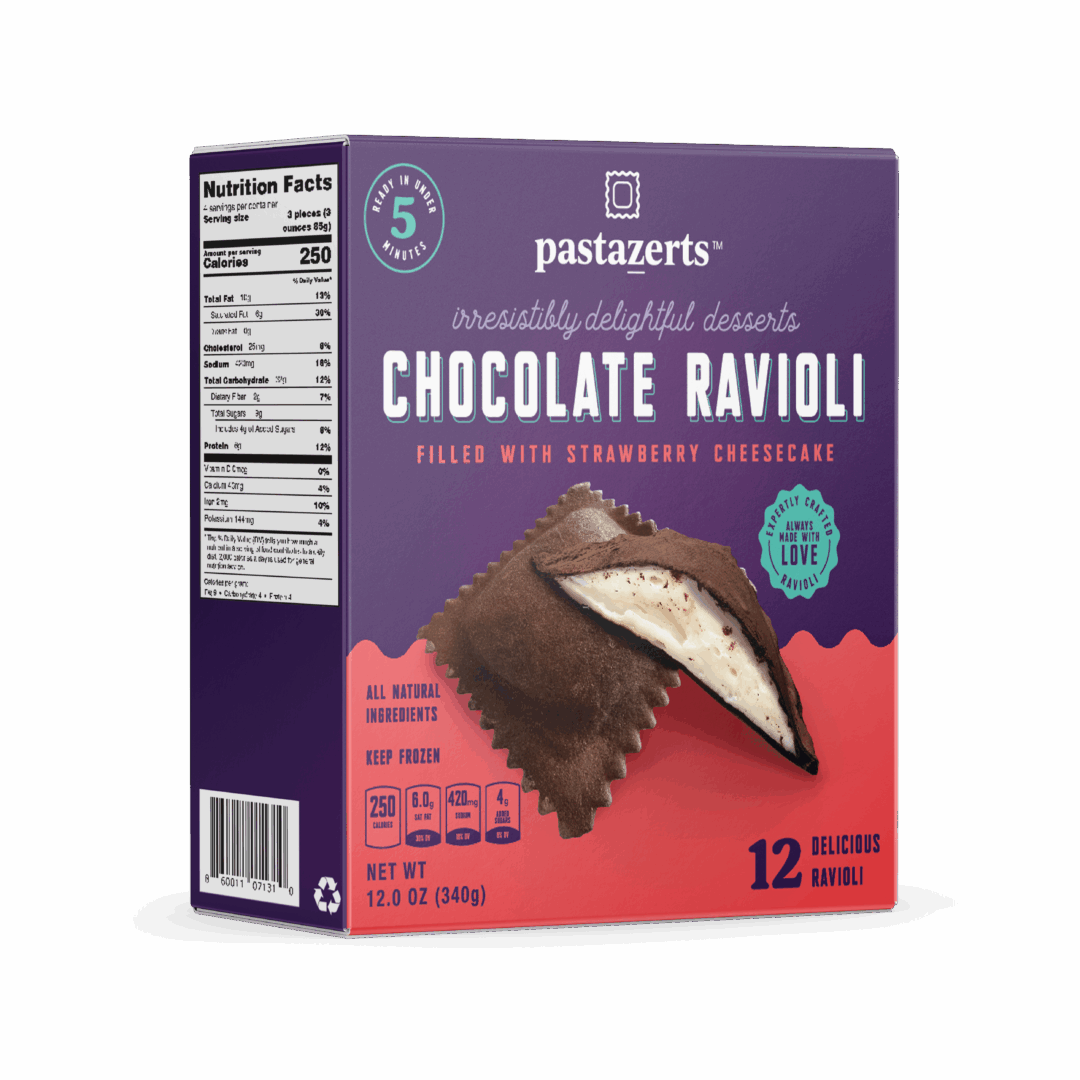
Looking back, what do you think were the three qualities, skills, or areas of knowledge that were most impactful in your journey? What advice do you have for folks who are early in their journey in terms of how they can best develop or improve on these?
Looking back, three qualities have been most impactful in my journey: a commitment to education, an innate curiosity, and a willingness to lean into challenges. Each has played a distinct role in shaping not only my career but also the perspective and resilience in my life.
First, education laid the foundation. Pursuing my MBA early in my career was transformative – it gave me the tools to think strategically, adapt to complex situations, and approach problems with a solutions-oriented mindset. For those starting out, I’d encourage embracing every opportunity to learn, whether through formal education, mentorship, or hands-on experience. Education isn’t just about acquiring knowledge; it’s about developing the confidence to apply that knowledge in meaningful ways.
Second, innate curiosity has been a guiding force. I’ve always been driven by a desire to understand how things work, whether it’s a business model, a team dynamic, or even the way people approach problems. This curiosity has led me to ask questions, seek insights, and challenge assumptions, ultimately allowing me to innovate and connect on a deeper level. My advice? Stay curious. Approach every situation with an open mind, and don’t shy away from asking “why” or “how.” It’s often in those questions that new ideas and opportunities arise. As a hiring manager this is one of the most important traits I look for in candidates.
Finally, leaning into challenges has always been part of my DNA. The moments that felt most uncertain or difficult have often been the ones that taught me the most. Rather than avoiding obstacles, I’ve learned to view them as opportunities to grow, test my abilities, and push beyond my comfort zone. For those early in their journey, I’d suggest embracing challenges rather than fearing them. Growth rarely happens in the easy moments, it’s the tough ones that truly shape who we are and what we’re capable of achieving.
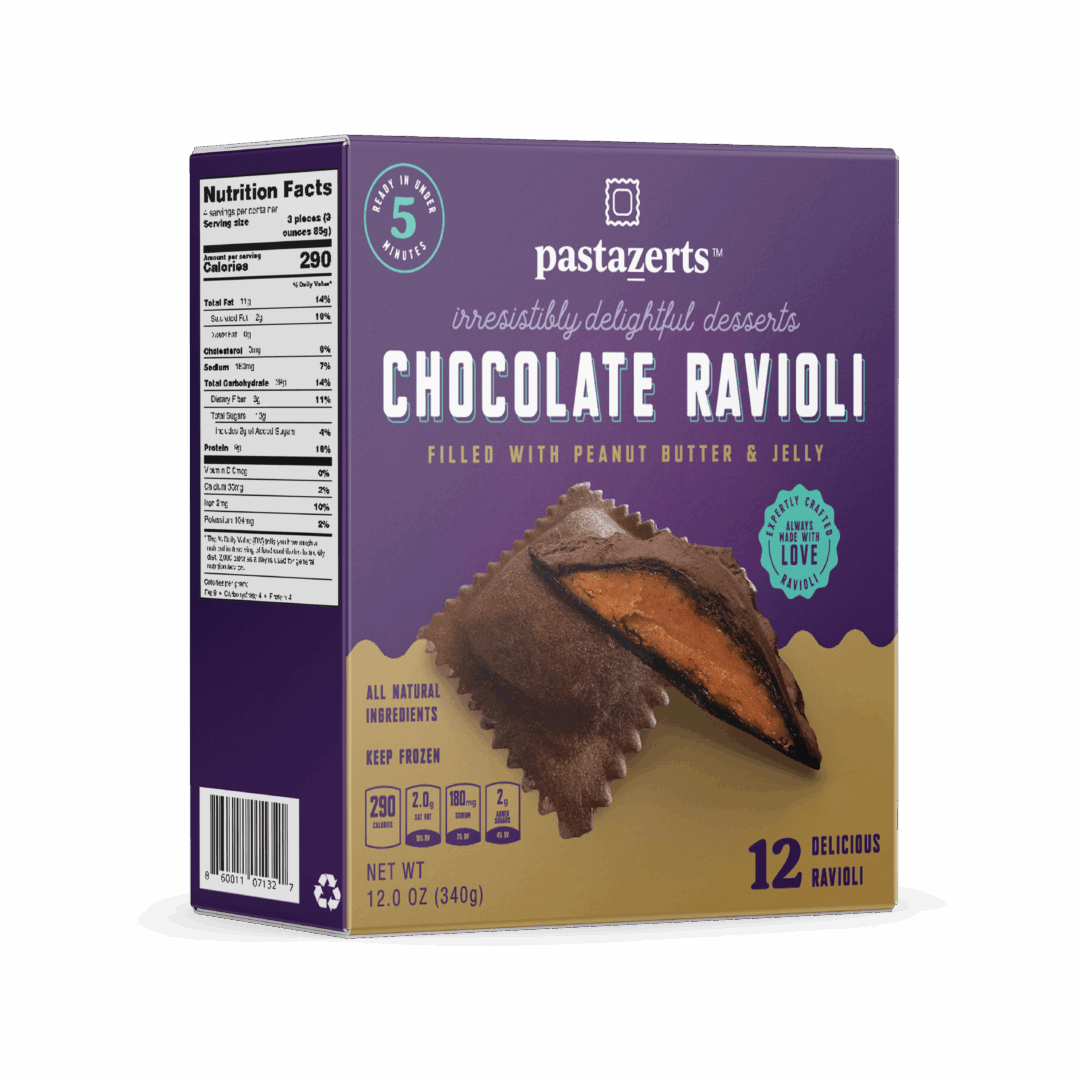
What would you advise – going all in on your strengths or investing on areas where you aren’t as strong to be more well-rounded?
I believe success lies in finding the right balance between doubling down on our strengths and educating ourselves just enough to navigate areas where we aren’t as strong. It’s not an either-or situation but rather a strategic approach to maximizing my impact while staying informed.
My philosophy is to invest in my strengths and the subjects I enjoy – those areas where I bring the most value while surrounding myself with experts in areas where I lack expertise. However, I make it a point to educate myself enough about those unfamiliar areas to understand the fundamentals. This ensures I can recognize what success looks like, identify the right people to bring on board, and avoid pitfalls that could arise from being uninformed.
For example, when I transitioned from a corporate fintech career to leading Pastazerts, there were areas I knew well, like strategy, leadership, and scaling a business. But there were also areas I had less experience in, like food production and supply chain management. Rather than trying to master every detail, I spent time learning the basics – how clean ingredient standards work, what sustainable sourcing entails, and how to evaluate suppliers. This foundation allowed me to ask the right questions, hire qualified experts, and make informed decisions without being overwhelmed by areas outside my expertise.
In my experience, doubling down on strengths allows you to lead with confidence and make the greatest impact. There’s something to note as well about enjoying the work – you’ll be better at the areas you enjoy vs mediocre at the areas you don’t enjoy – so hire or outsource in those areas. At the same time, educating yourself about unfamiliar areas helps you avoid blind spots and empowers you to delegate effectively. For those just starting out, I’d advise focusing on becoming exceptional at what you do best, but never ignoring the need to understand the broader picture. Follow the 80/20 rule applying it to this strategy – there will always be about 20% of tasks you don’t love but as long as 80% of those tasks and areas are what you do love then it works. By doing so, you’ll build a team and a strategy that’s not only strong but also well-rounded and resilient.
Contact Info:
- Website: https://pastazerts.com/
- Instagram: https://www.instagram.com/pastazerts/
- Facebook: https://www.facebook.com/pastazerts/
- Linkedin: https://www.linkedin.com/in/stephanie-berwick/
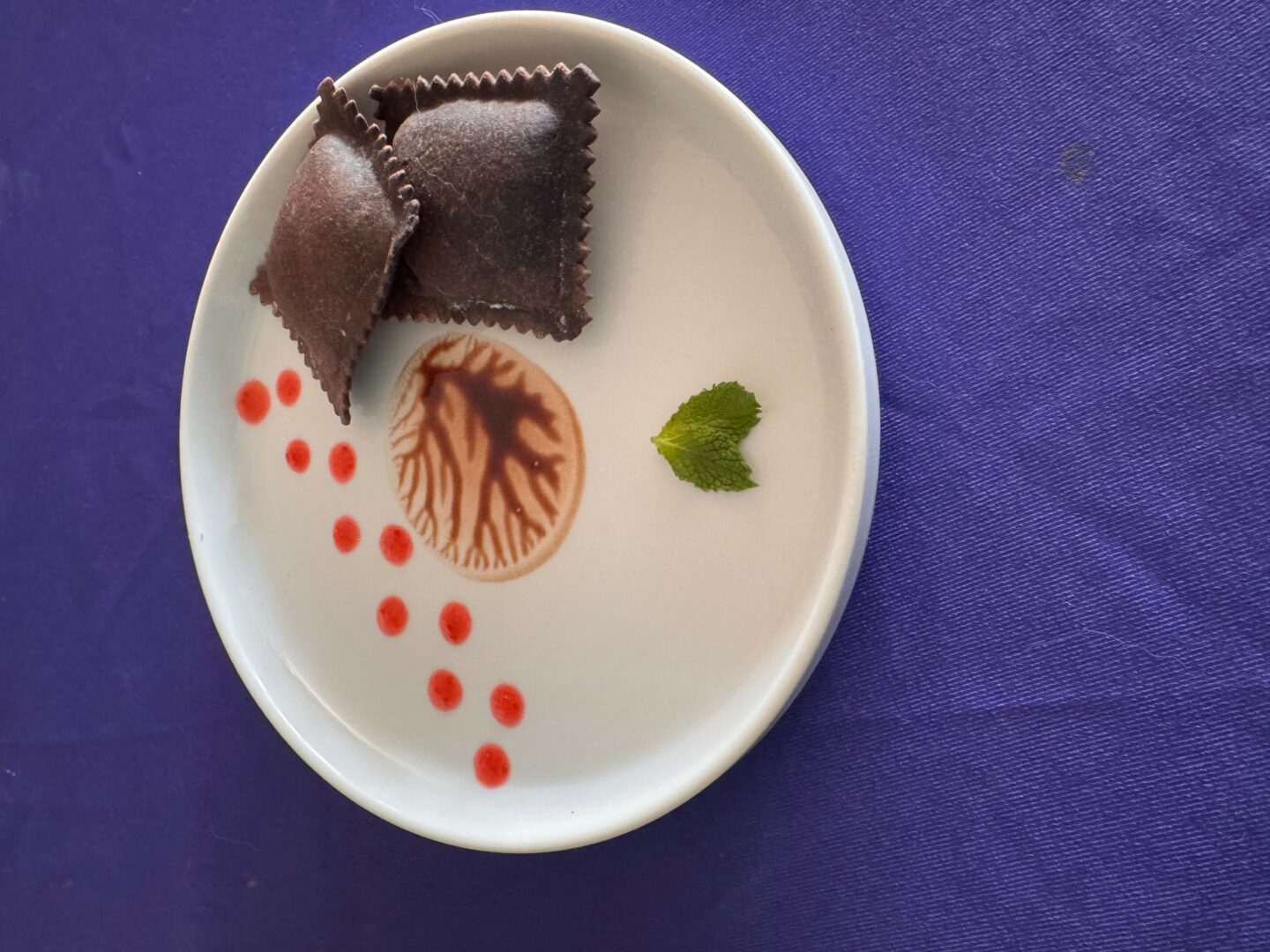
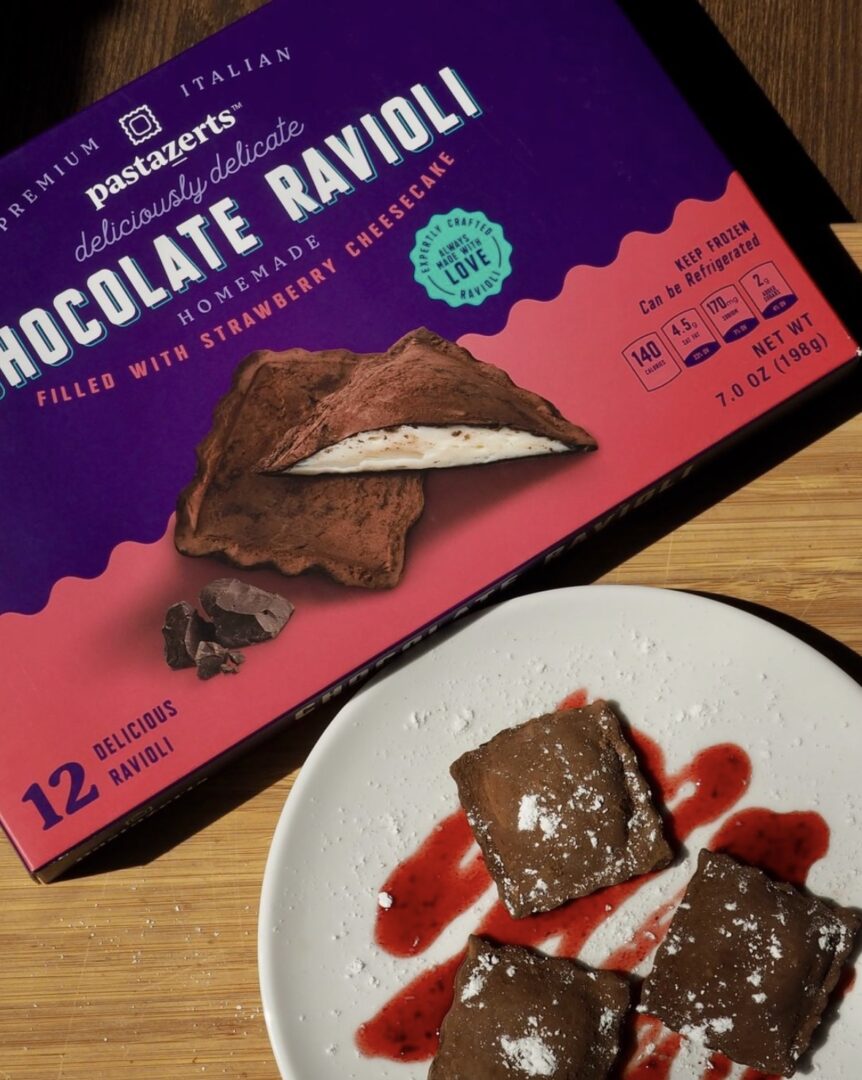
Image Credits
all images are owned by Stephanie Berwick
so if you or someone you know deserves recognition please let us know here.

